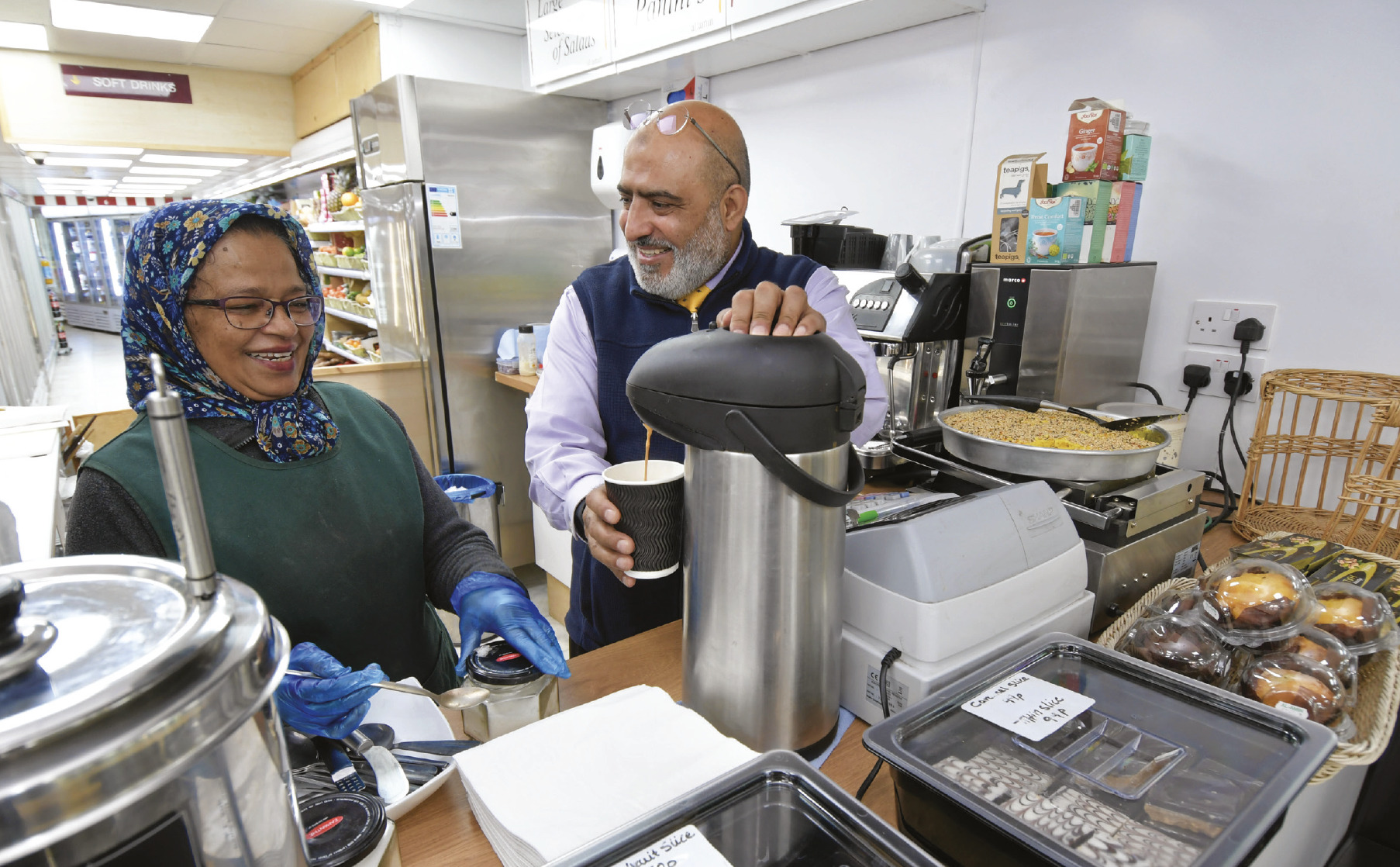Staff members have as great an impact on a store’s success as the products on the shelves. Making sure your team is working to the best of its ability has never been more important. Whether it’s minimising mistakes, completing tasks to a higher standard or to a shorter timetable, or upselling products to customers, there are always ways in which people can improve themselves.
With the rise in minimum wage, retailers have even greater reason to ensure their teams are working effectively.
“It’s not easy, but it’s about everyone working on everything in the store,” says Bay Bashir, from Go Local Belle Vue Convenience in Middlesbrough. “It’s about building the best relationship you can with each of them.”
Communication is key for helping to improve your staff’s workload. If they feel they can come to you with ideas or problems, then you will be in a better position to talk to them about areas for improvement and encourage them to think about the store as a business rather than a job.
OPINION: How to develop young staff members – Harj Dhasee
“If it was really quiet one day, we can think about why that was the case, what we did, what the weather was like and whether there were people on the street,” says Ketul Desai, from Londis Leiston in Suffolk. “You get them thinking about things like you do.”
Retailers are looking to get staff members to think about the impact they can have on other members of the team and the business itself.
“Things we’re going to focus on include store standards, gap analysis, late arrival at work and days off,” says Harj Dhasee, from Village Stores in Mickleton, Gloucestershire. “We’re trying to build a way of getting people to understand what’s going on in the business and what happens when they don’t do what they need to do. It’s about empowering them to think.”






Comments
This article doesn't have any comments yet, be the first!